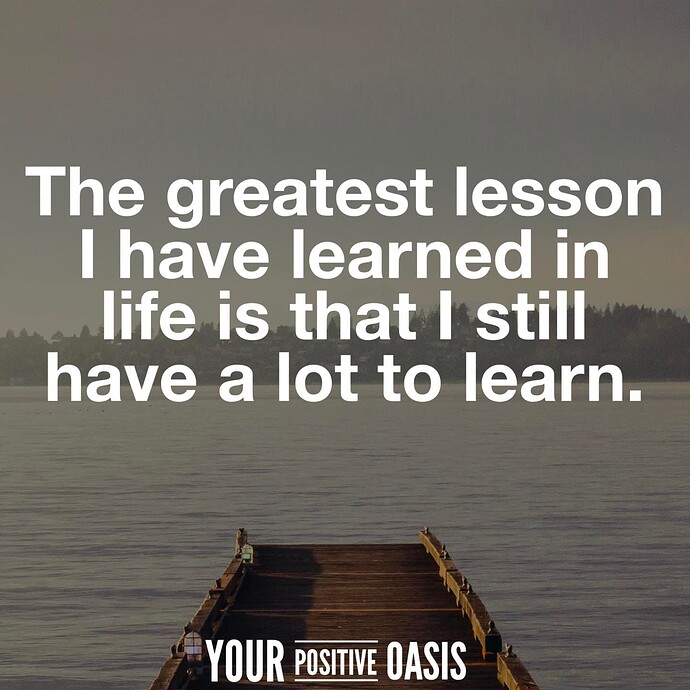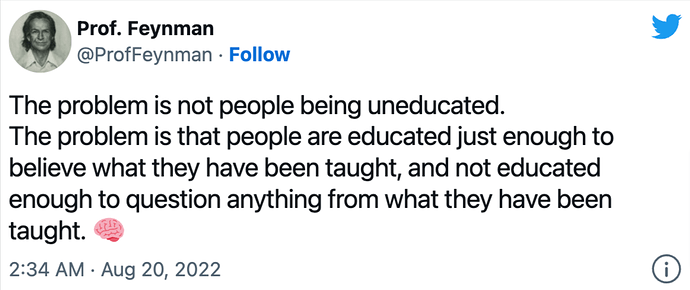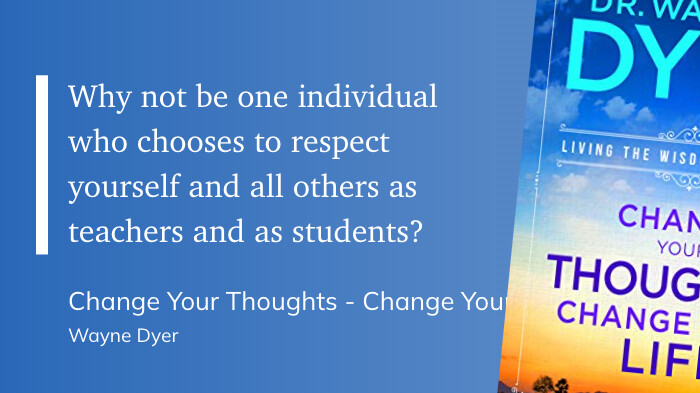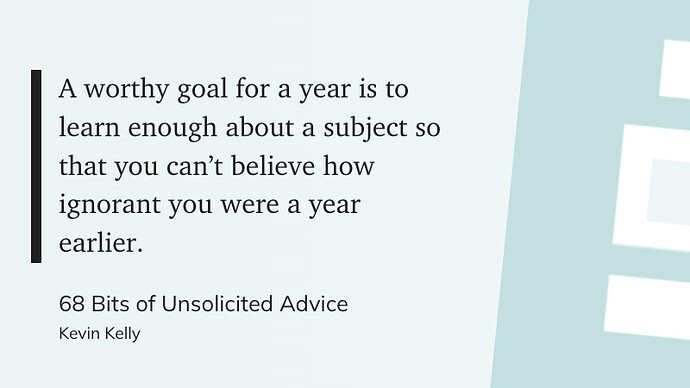Student-Teacher
Adopting the identity of the student-teacher frees us to be open and curious forever about all that matters to us.
- Student-teachers are free from having to pretend to be an “authority” or “expert” who “knows it all.”
- As a student-teacher, we won’t feel like a “fraud” (a psychological trap many “experts” fall into) because we gladly embrace that we’re still learning, growing, and exploring!
- Student-teachers make potent co-creators. They are able to express their gifts while respecting their gaps — and the gifts and gaps of others.
From Expert to Student-Teacher
“They are a world-class expert.” How do you react to that description?
Some people are relieved. The status and authority asserted by their identity as “a world-class expert” gives them status — status over where we are. In the hierarchy, experts rule — or think they should. “Oh, thank goodness. I only trust experts!”
Hierarchy, expertise, authority… these matter to our primitive brain. Status matters to the monkey mind! “Who is the alpha? I need to submit to them unless I am challenging their authority!!”
Doesn’t feel very free, does it? Doesn’t feel like it leaves any room for us to have our own lived experiences, perspectives, or even concepts we apply differently than they do.
Identifying as a student-teacher strips us of that kind of “status over” others… while it invites others to co-create and share knowledge and wisdom.
Student affirms, “I am still learning, growing, exploring. If you are, too, we’re students in this together. How exciting!”
Teacher declares, “I have learned aspects and am cultivating skills. I want to share — to teach — to the willing students that show up to co-create with me.”
Combined as student-teachers, we are truly free to express our heartistry with curiosity and generosity.
Facilitating Mutual Thriving
Facilitating means making it easier than it would be without our skillful effort.
It’s true that experts can ascertain the issue, declare the solution, and instruct on how it should be accomplished. Such one-way knowledge delivery can be useful. Expertise can indeed make lives easier and success more likely. However, the identity of The Expert often comes with arrogance and narrow-mindedness that blocks “outside” perspectives.
The student-teacher attitude takes knowledge and wisdom to the next level. Of course, the teacher in us is actively growing in ability and understanding. The generous desire to share “what the teacher knows” with others is blended with a deep curiosity about the uniqueness that is every person, culture, and situation.
We assert that student-teachers are able to co-create in ways that make it easier for everyone to thrive.
Useful Questions
- How does it feel for me to shift from the status of “the expert” into the identity of student-teacher?
- Do I give credence automatically to those with credentials or awards (“New York Times Best Selling Author”)? Is that useful in my experience?
- How would it feel to be in a circle, co-creating with fellow student-teachers… compared to competing for status with other experts? Which feels more thriving to me?
Resources
Related Concepts
Circling, Co-Creating, Curiosity, Divine Filtering, Gifts and Gaps, Heartistry, Primitive Brain, We-Space, Wisdom
Links
- Discuss Student-Teacher in the Community Center
- Share this link to the Concept of Student-Teacher: https://www.thrivingnow.com/concept/student-teacher



